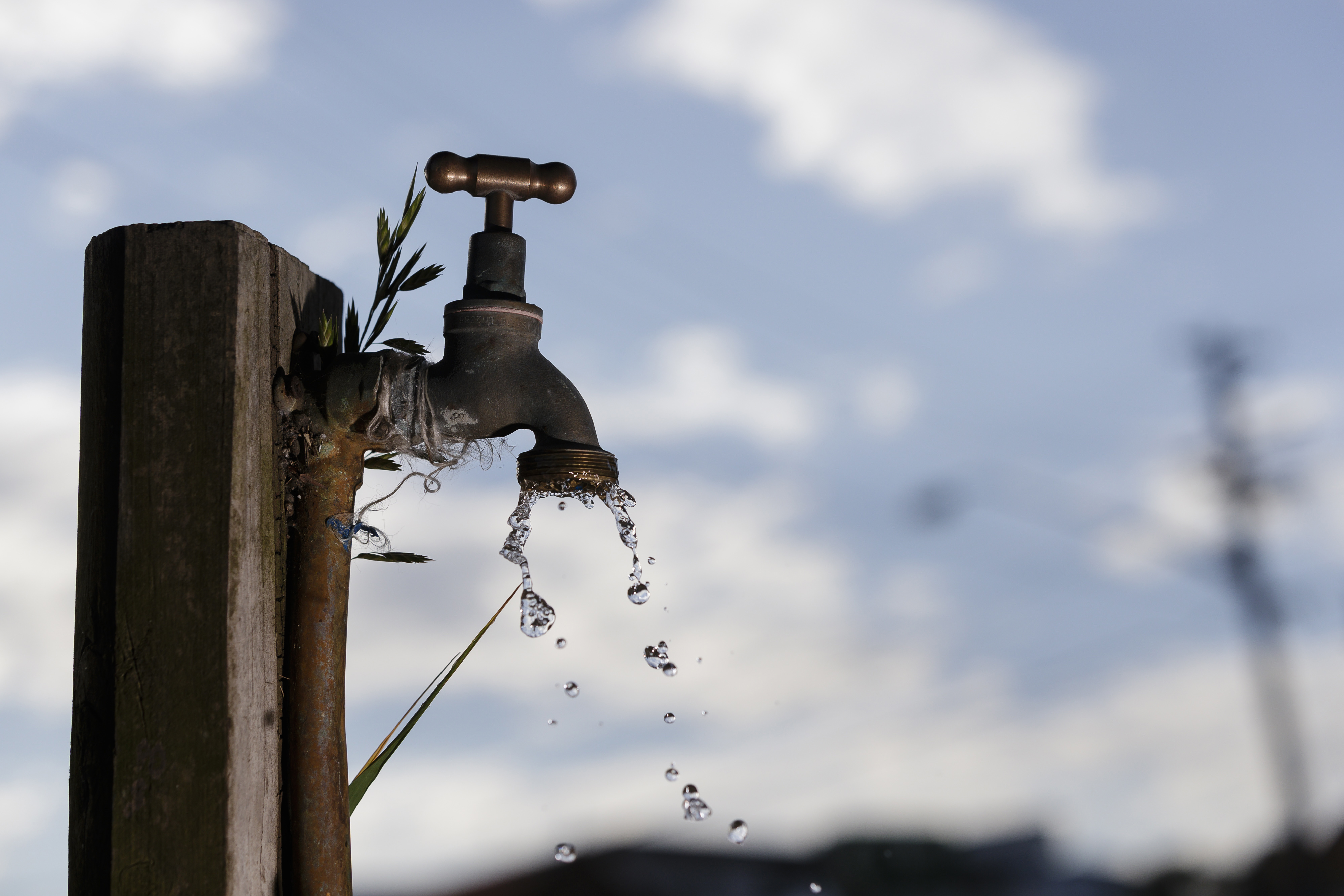
Residents in a small French town have been banned from drinking tap water due to contamination from so-called "forever chemicals".
Residents in a small French town have been banned from drinking tap water due to contamination from so-called "forever chemicals", but one expert says Australians are unlikely to face a similar scenario.
Tests of the water in Saint-Louis, near the Swiss border, showed it had more than four times the recommended limit of per- and poly-fluoroalkyl substances (PFAS), which has been linked to firefighting foam used at the local Basel Mulhouse Freiburg Airport.
That led authorities to order roughly 60,000 residents – infants, and pregnant, breastfeeding and immunocompromised people – to stop drinking the tap water.
READ MORE: The email six million Australians should expect from Qantas
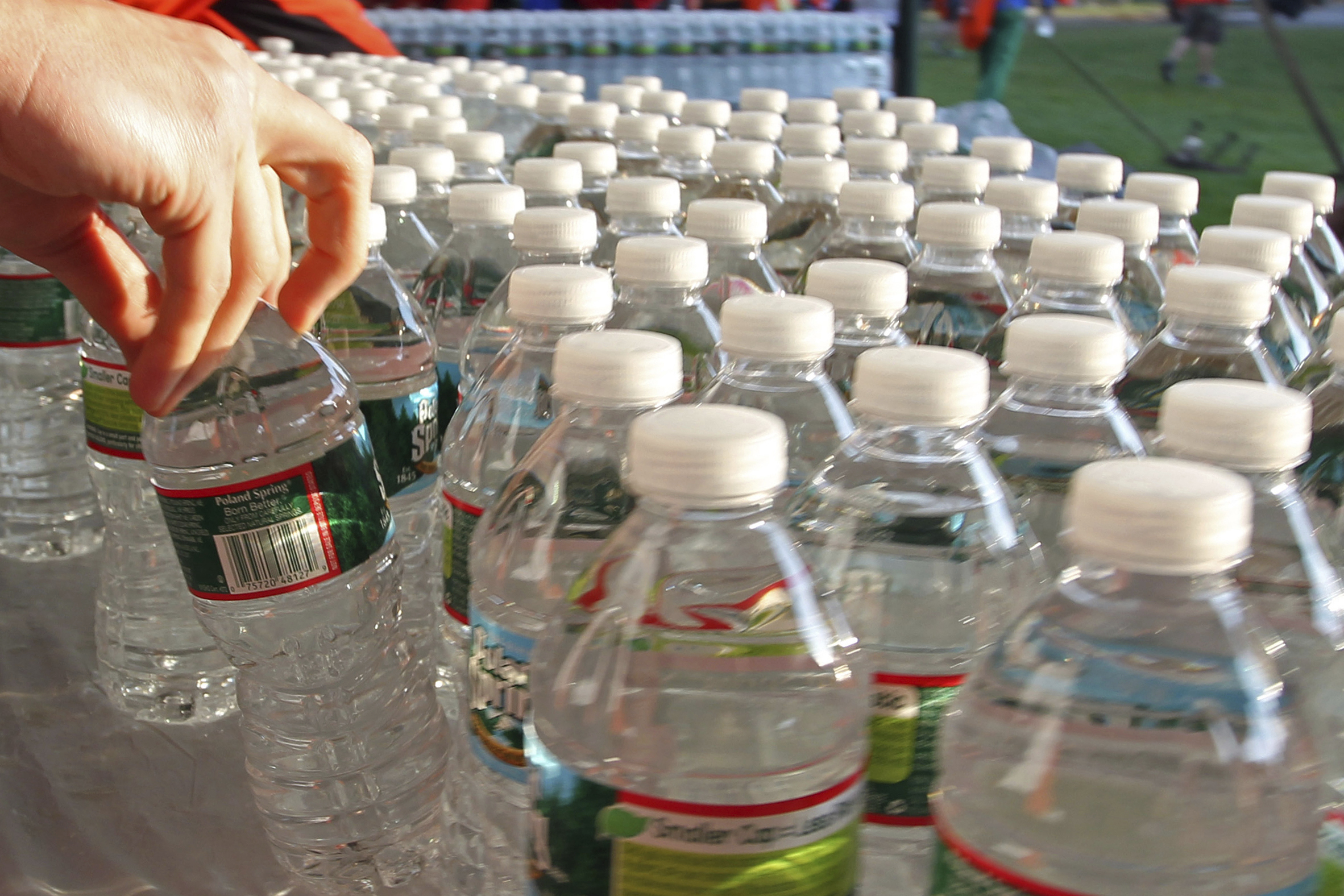
PFAS are a group of more than 4000 manufactured and extremely long-lasting chemicals used in a wide range of industrial and consumer products, including firefighting foam, non-stick cookware, waterproof clothing and food packaging.
But they've also been linked to a range of health issues, from raised cholesterol levels to some forms of cancer.
France is far from the only nation to find itself battling PFAS levels.
READ MORE: Fears for vulnerable Aussies as hub plan leaves mental health provider in limbo
The European Union is aiming to significantly improve pollution levels by 2027, and authorities recently updated safety guidelines for drinking water in Australia following concerns the previous limits were too high, after the chemicals were detected in some Sydney catchments last year.
But, according to RMIT chemistry professor Oliver Jones, Australia is unlikely to be hit by water contamination high enough to cause harm.
"The contamination of PFAS in drinking water in Saint-Louis, France is clearly concerning, especially for those directly affected," he said.
"However, while headlines like 'PFAS at four times the recommended limit' sound alarming, the actual limit is incredibly low and in France, no harm has been demonstrated yet.
"A tap water ban or similar situation is unlikely to happen in Australia, except in the event of a serious industrial accident.
"Most potable water supplies in Australia either have no detectable PFAS or concentrations below even the recently introduced guidelines for Australian drinking water."
READ MORE: Some Aussies charge $850 a month for side hustle that may be illegal
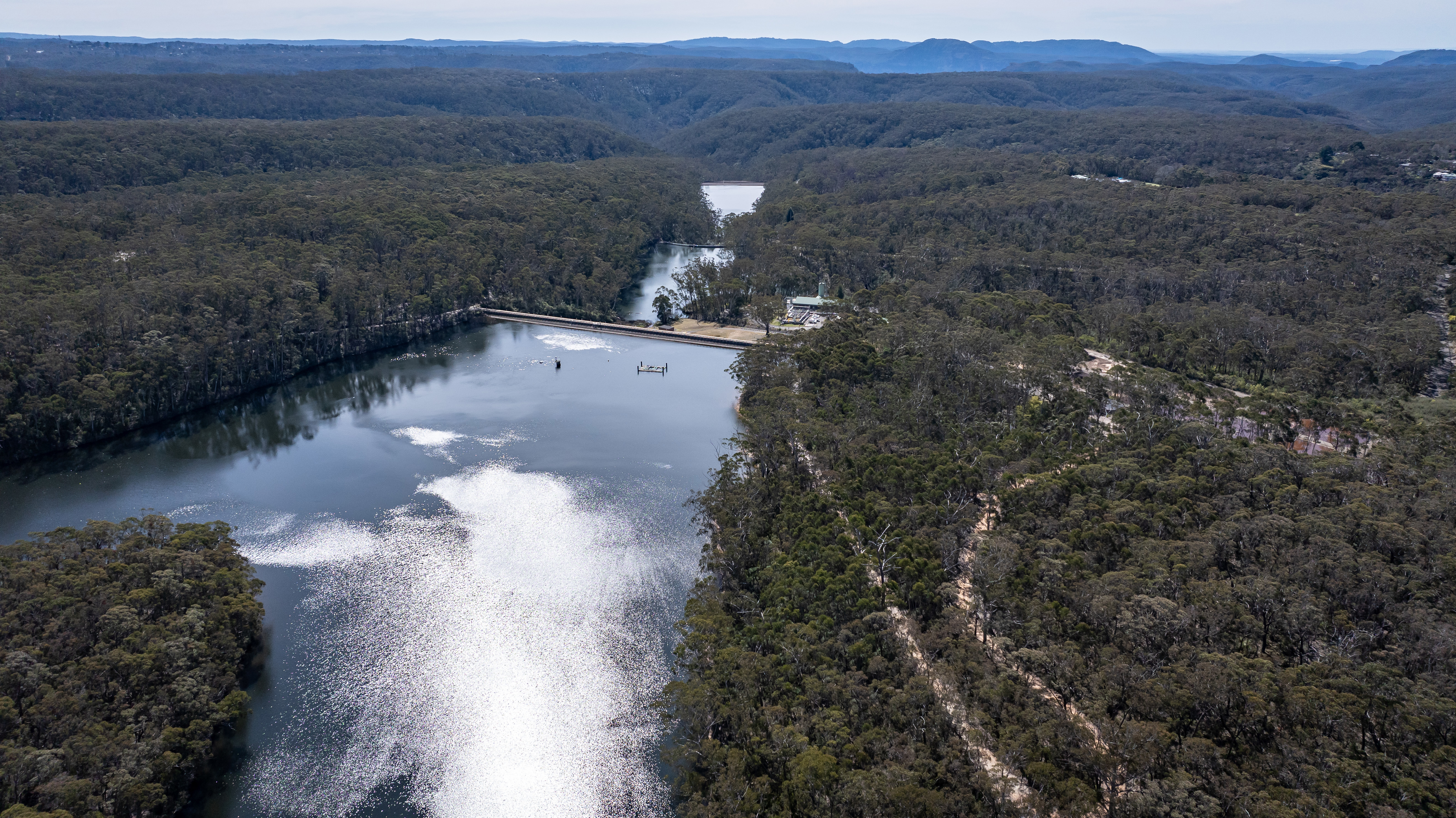
Exactly what health issues the chemicals cause, and how serious they can be, is still unknown.
"To date the evidence on health effects of PFAS has been uncertain, draws on a mix of animal and human studies, and can be interpreted in different ways," Australia's National Health and Medical Research Council (NHMRC) says.
PFAS have been linked to some types of cancer, including kidney, testicular and prostate, but the NHMRC says studies in the area "remain conflicting and associations have only been observed in high exposure groups".
READ MORE: Common act while driving could cost you $125 or $2000, depending on one detail

"We often overlook the fact that the mere presence of something does not mean it will automatically cause harm," Jones said.
"For example, we know we can get skin cancer from UV light, but that does not mean we will get cancer as soon as we go outside.
"Although there are places in Australia where extensive use of PFAS-containing fire-fighting foams has occurred, for example airports or firefighting training grounds, these areas are known and managed."
DOWNLOAD THE 9NEWS APP: Stay across all the latest in breaking news, sport, politics and the weather via our news app and get notifications sent straight to your smartphone. Available on the Apple App Store and Google Play.
 'Extraordinary figure' in motorsport killed in Taronga Zoo bike crash
'Extraordinary figure' in motorsport killed in Taronga Zoo bike crash
 Mother of child allegedly abused at daycare centre says she's 'broken'
Mother of child allegedly abused at daycare centre says she's 'broken'
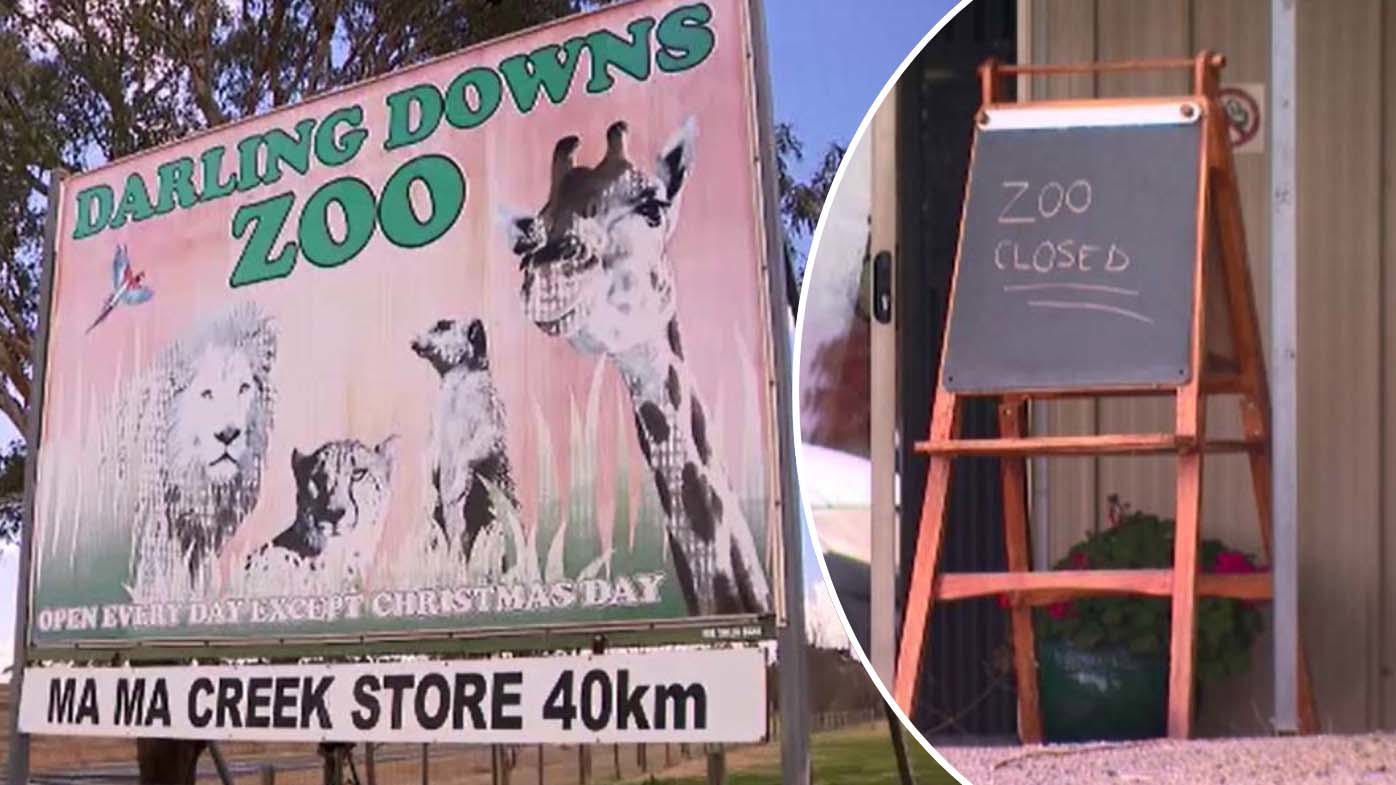 Zoo worker 'loses arm' after being 'grabbed' by big cat at Queensland zoo
Zoo worker 'loses arm' after being 'grabbed' by big cat at Queensland zoo
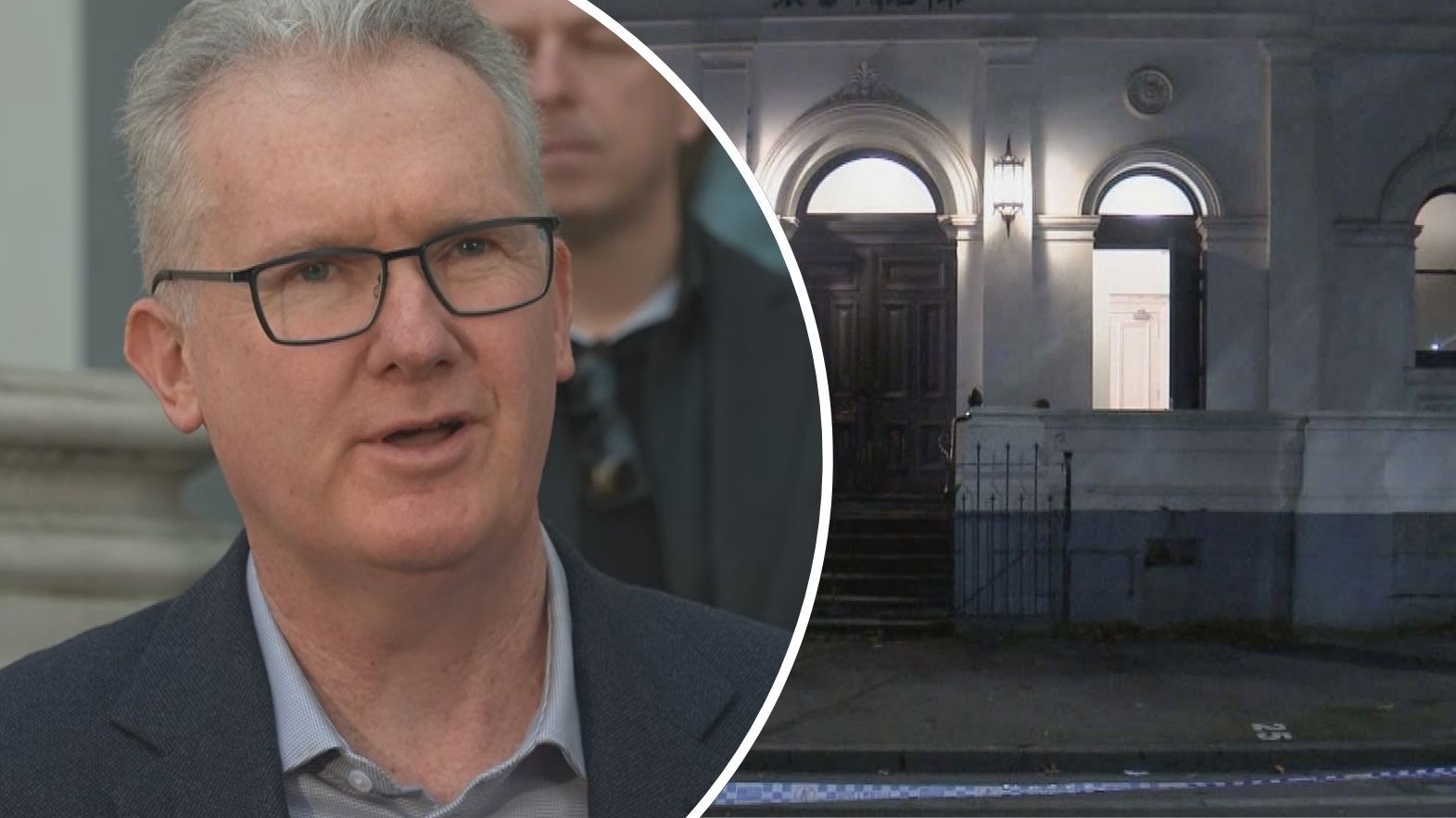 'Attack on Australia': Man charged after Melbourne synagogue fire
'Attack on Australia': Man charged after Melbourne synagogue fire
 PM leads charm offensive as Wallabies clash with Fiji
PM leads charm offensive as Wallabies clash with Fiji
 'Our own way': PM's subtle message about Australia's reliance on US
'Our own way': PM's subtle message about Australia's reliance on US
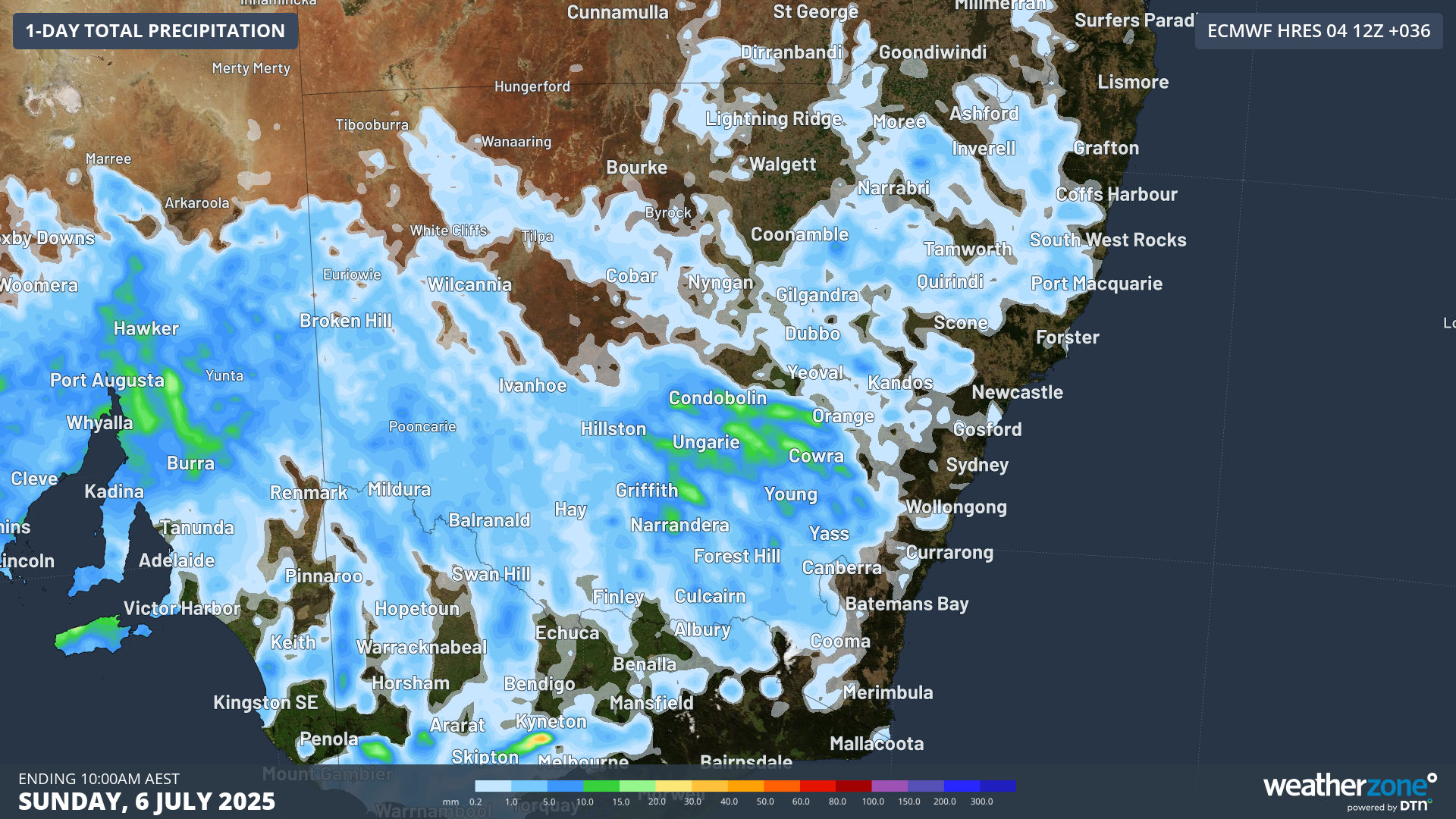 Hail reported as thunderstorms hit large parts of NSW
Hail reported as thunderstorms hit large parts of NSW
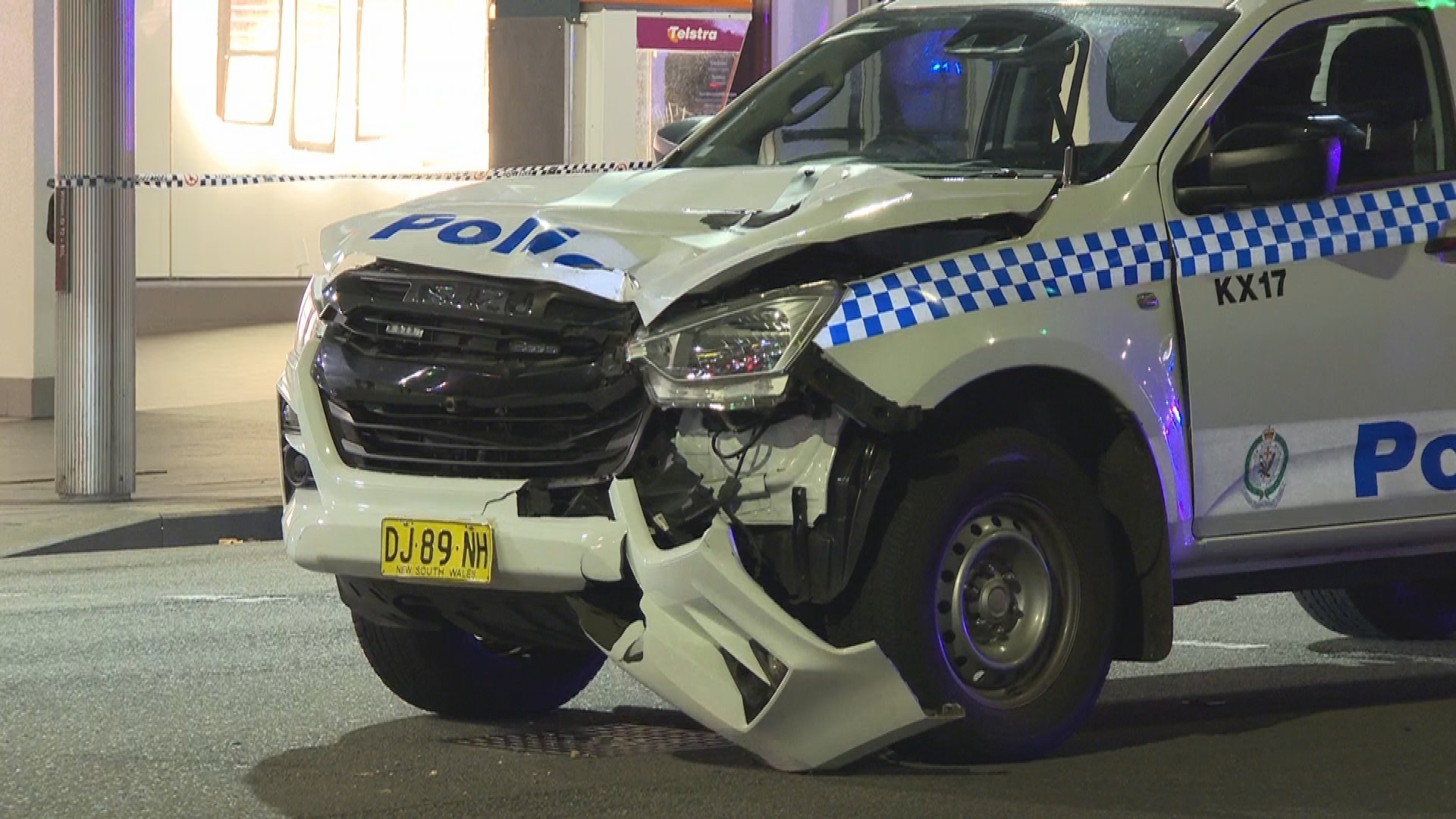 French man hit by police car as officers respond to brawl in Sydney
French man hit by police car as officers respond to brawl in Sydney
 Desperate search for 27 missing girls after flood disaster
Desperate search for 27 missing girls after flood disaster
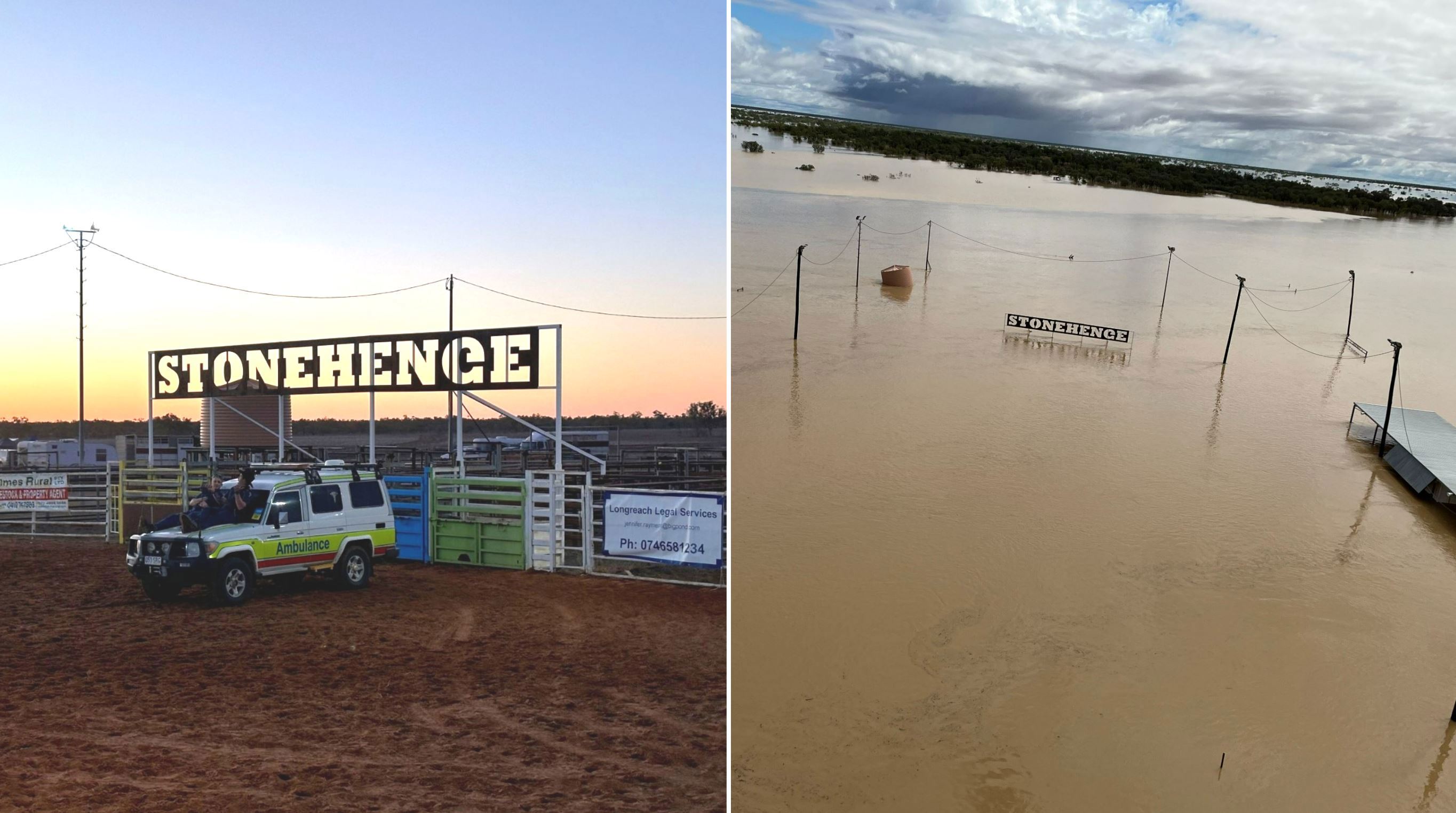 This flood-hit community needed a miracle to save its rodeo. It found one
This flood-hit community needed a miracle to save its rodeo. It found one
 Elon Musk declares formation of The America Party in latest Trump snub
Elon Musk declares formation of The America Party in latest Trump snub
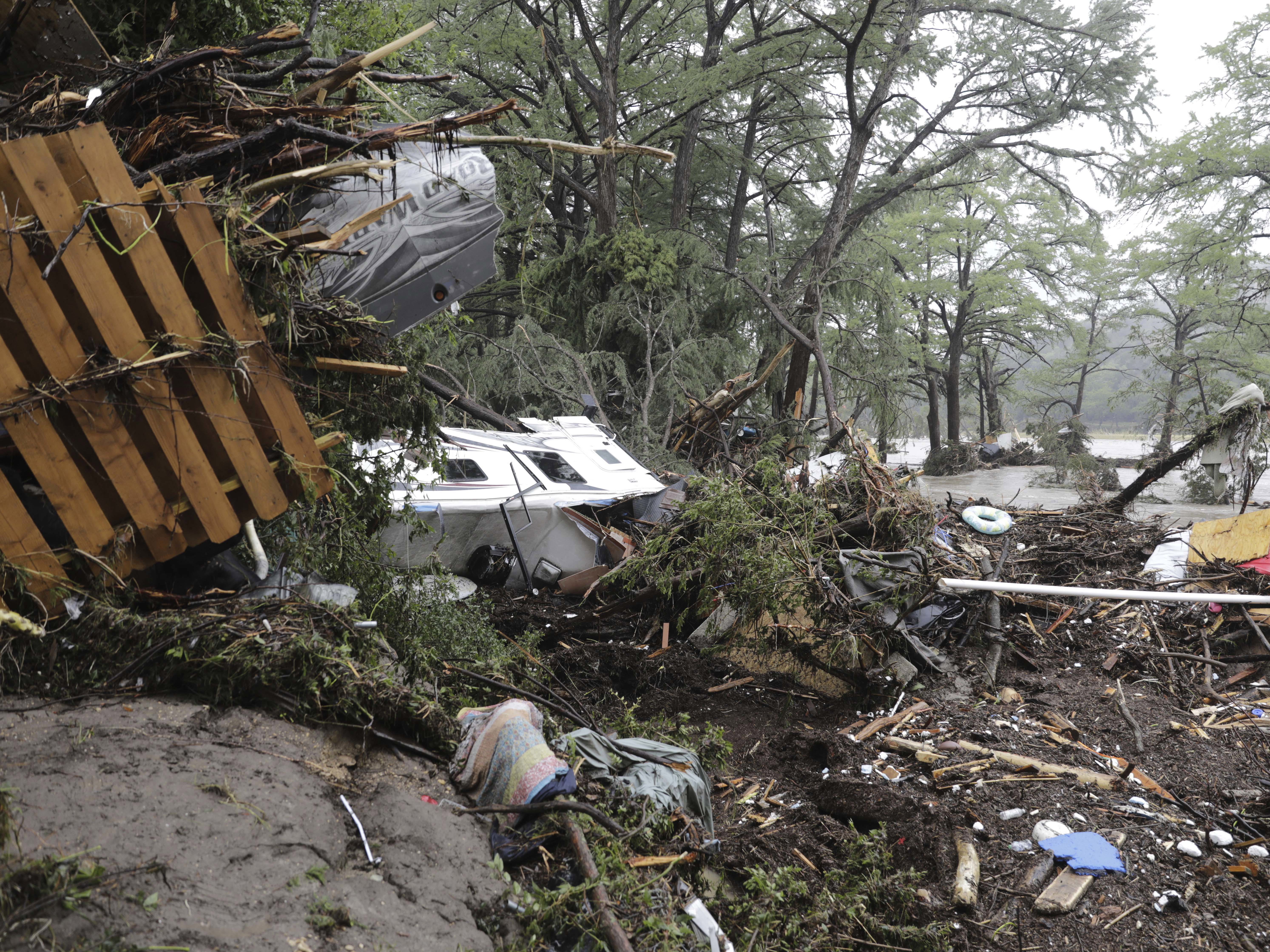 Families frantically plead for information about 23 missing US girls
Families frantically plead for information about 23 missing US girls
 The world's most important currency is suddenly sliding backwards
The world's most important currency is suddenly sliding backwards
 Tears of the UK's treasury chief spooked financial markets
Tears of the UK's treasury chief spooked financial markets






